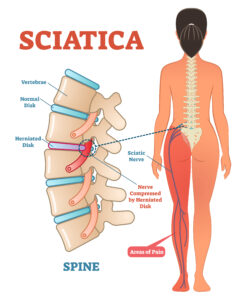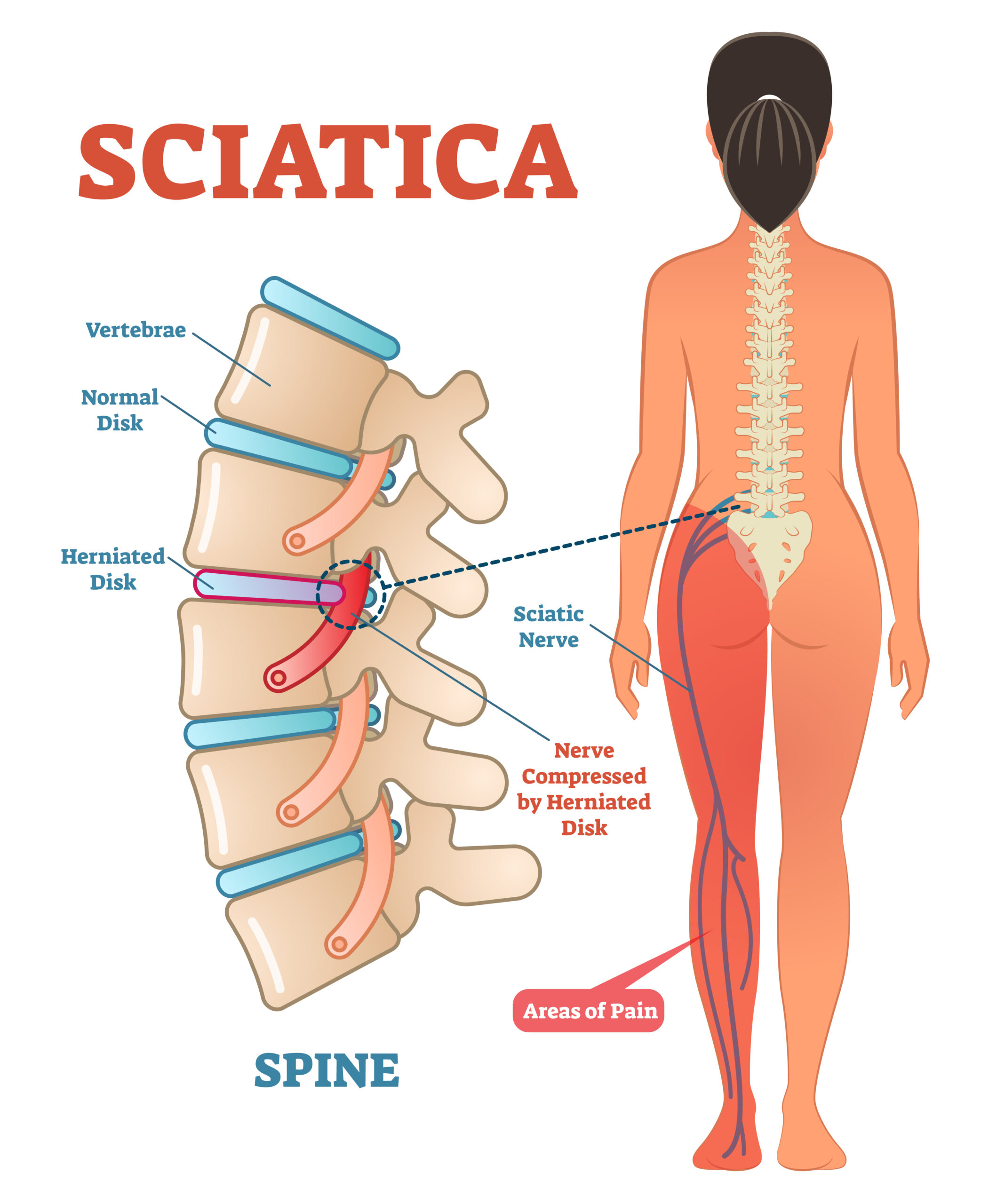Our spine is a vital component of our body, providing support and enabling us to perform various movements. Unfortunately, many of us overlook the importance of spinal health until we experience discomfort or pain. Taking proactive steps to maintain a healthy spine is essential for overall well-being. In this blog, we’ll explore some practical tips for everyday life that can help you keep your spine in top condition.
1. Mind Your Posture
One of the primary contributors to spinal issues is poor posture. Proper posture is vital when sitting in your chair, working in front of your computer, or standing for long periods. Sit up against the back of your chair, look straight ahead, relax your shoulders, and plant your feet firmly on the floor. If you sit for extended periods, get an ergonomic or comfortable chair that supports the natural curve of your lumbar spine. Consider using a lumbar cushion to provide additional support to your lower back.
2. Stay Active and Exercise Regularly
Physical activity is vital for spinal health. Regular exercise helps strengthen the core muscles surrounding your spine, providing crucial support. Perform exercises that promote flexibility, such as yoga or Pilates, which can enhance your range of motion and reduce stiffness. Perform both aerobic exercises and strength training into your routine to ensure a well-rounded approach to spinal health.
3. Lift with Caution
Improper lifting techniques can lead to severe spinal injuries. Whether lifting heavy objects at work or carrying groceries home, always bend your knees and keep your back straight. Use the strength in your legs to lift instead of relying on your back muscles. If an object is too heavy, ask for help or use tools such as dollies or carts to ease the load.
4. Maintain a Healthy Weight
Weight gain can put too much stress on your spine, leading to various issues such as herniated discs and back pain. A healthy diet and cardio exercises such as walking can help you maintain an appropriate weight for your body type. Shedding extra pounds not only benefits your overall health but also contributes to the well-being of your spine.
5. Stay Hydrated
Proper hydration is essential to prevent degenerative discs, which act as shock absorbers in your spine. Drinking an adequate amount of water helps keep these discs well-hydrated and functioning optimally. Make it a habit to consume enough water throughout the day, especially if you engage in physical activities or working in a hot climate.
6. Prioritize Quality Sleep
Sleep is critical for overall health and plays a role in spinal well-being. Invest in a comfortable mattress and pillow that adequately supports your neck and spine. Ensure that your sleeping position promotes a neutral spine alignment. Poor sleep posture can contribute to chronic back pain, so prioritize creating a sleep environment conducive to spinal health.
7. Manage Stress
Stress can manifest physically, affecting your muscles and contributing to tension in your back. Perform stress-reducing techniques such as deep breathing, meditation, or mindfulness to help keep your body and spine relaxed. Chronic stress can lead to muscle imbalances and spinal issues, so addressing stress as part of your overall well-being is essential.
Conclusion
Maintaining spinal health is a lifelong commitment that involves conscious choices in daily activities. By adopting these tips for everyday life, you can promote a strong and resilient spine, reducing the risk of discomfort and long-term issues. Remember that small, consistent efforts add up over time, contributing to a healthier and happier life with a well-supported spine.







